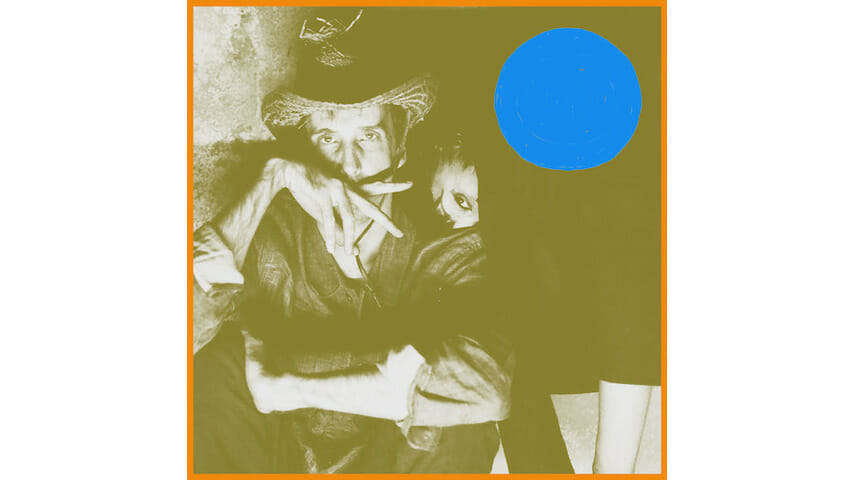The Cate Le Bon and Bradford Cox Collaborative EP Is Unpredictable
The duo’s Myths 004 is an interesting, if inconsistent, entry into the experimental Myths EP series

When Atlanta rock band Deerhunter announced that Welsh chamber pop iconoclast Cate Le Bon would be producing their eighth album, Why Hasn’t Everything Already Disappeared?, music publications ran amok with headlines. Not that anyone really knew how the collaboration might sound—Deerhunter frontperson Bradford Cox revealed his producer choice a full six months before his band even released the album’s first single. When the justifiably well-received LP eventually arrived in January 2019, Le Bon’s fingerprints could be heard in its rigid, chipper guitars and harpsichords.
Why Hasn’t Everything Already Disappeared? was also the most accessible album on which Le Bon had worked to date. That changed with Le Bon’s masterful fifth album, Reward, released four months later. Throughout the LP’s endlessly rewarding (pun intended) 43 minutes, Le Bon abandoned her angular, folk-infused rock style in favor of piano-driven, pulsating reflections that maintained her signature art strut. Fans of both Le Bon and Deerhunter could easily connect the latter’s robust melodic ear with the pop strides of the former’s most recent album.
-

-

-

-

-

-

-

-

-

-

-

-

-

-

-

-

-

-

-

-

-

-

-

-

-

-

-

-

-

-

-

-

-

-

-

-

-

-

-

-








































